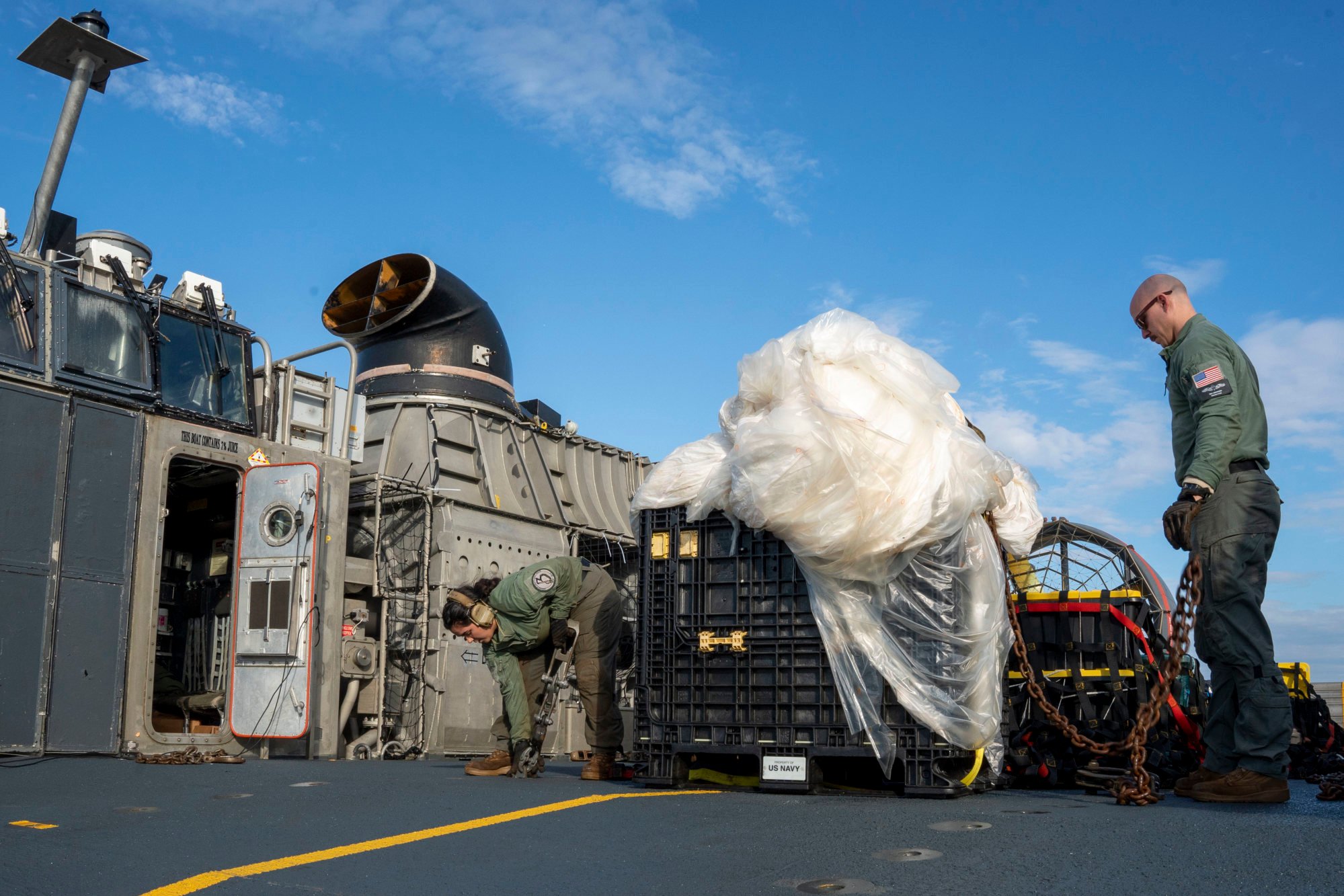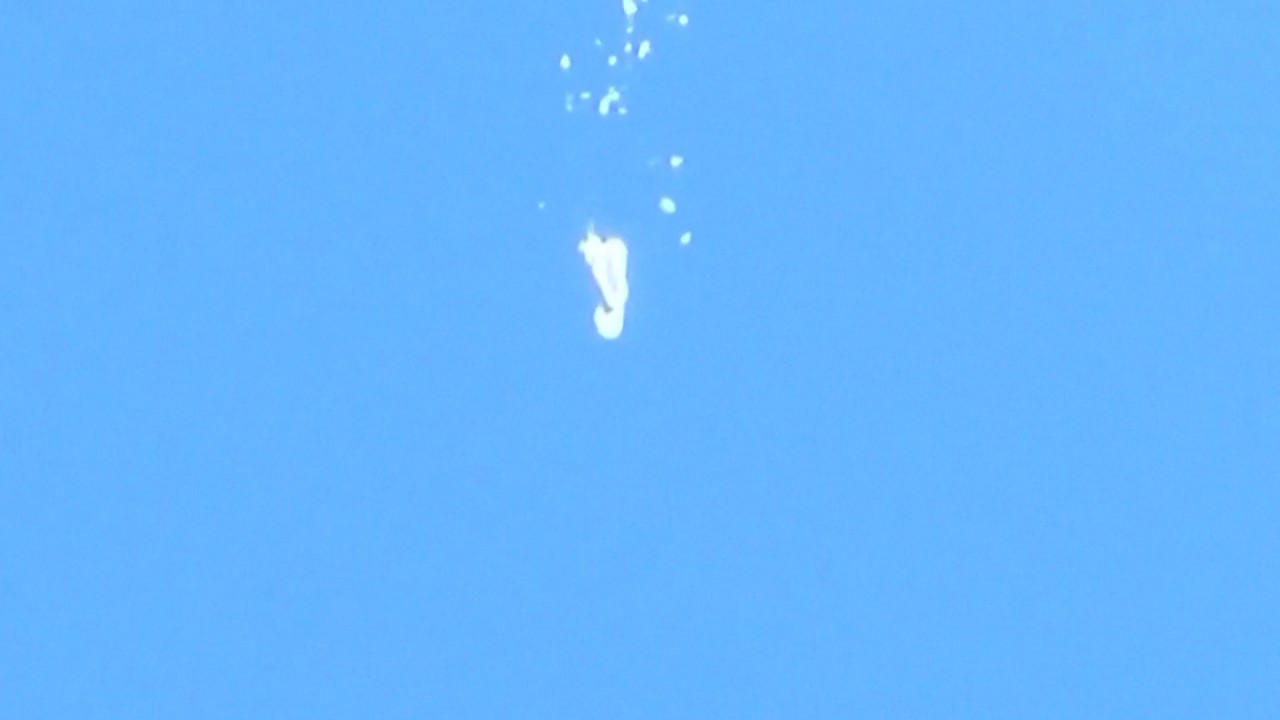
Why US must rethink bill to remove Hong Kong’s trade office privileges
- As the balloon saga showed, media narratives can paint an untrue picture, helping hardline Republicans push Joe Biden to retaliate against China
- The same mistake must not be allowed to happen with the Senate set to debate a bill that could close down Hong Kong’s trade offices in the US
Despite US Secretary of State Antony Blinken’s message of congratulations to the people of China as the country celebrated its national day, many in the business community fear that this rhetoric falls short of America’s real intention to stifle China’s economic progress on the world stage.

The unfortunate incident engendered extensive media coverage at the time, generating a frenzy of negative and unsavoury comments about China across political circles and among ordinary citizens, particularly in the US. Anger, outrage and hostility were the order of the day, further fuelling anti-Chinese and anti-Asian sentiment, which unfortunately persists in some sectors of American society.
The giant balloon, which was reportedly 200 feet tall and travelling at an altitude of 60,000 feet, was a meteorological research craft. General Milley also submitted the theory that severe winds at that altitude probably blew the balloon off course as its engines were not powerful enough to deal with winds of that magnitude.
It is remarkable that the incident turned into an issue of such magnitude and instantly became a mainstay of international news.
For some reason, neither General Milley’s acknowledgement of this gross error of judgment nor what, as it turns out, was misreporting by the media received anywhere near the same levels of coverage as the original incident.
It seems the media had little appetite to either put the record straight, right the unjust and unfavourable commentary or quell the anger against China. More coverage of the facts of the case is also warranted in Hong Kong and elsewhere in the region.
Unfortunately, the tag of “Chinese spy balloon” will continue to dictate public perception, and few people are likely to ever understand the real story or the whole truth.
Hong Kong is under unfair attack from Europe and the US
We hope that US officials will act calmly and in a dignified and pragmatic manner, particularly when geopolitical tensions between the world’s two leading powers are running exceptionally high. One unintentional mistake or misinterpretation of a situation can result in grave consequences, detrimental for everyone.
It is also a reminder for us all to understand the power of the media and its ability to stir up hostility with no reasonable basis, on just conjecture. Alas, the more sensational the story, the greater the media coverage.
Bernard Chan is a Hong Kong businessman and former Executive Council convenor


